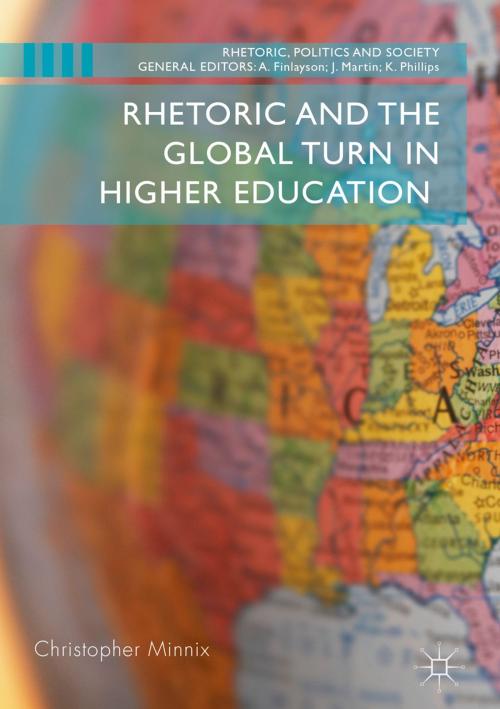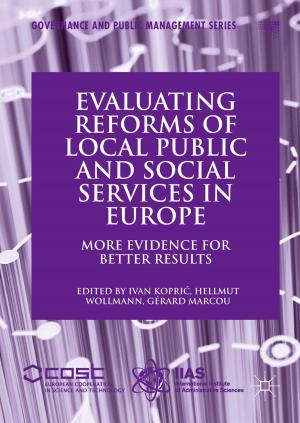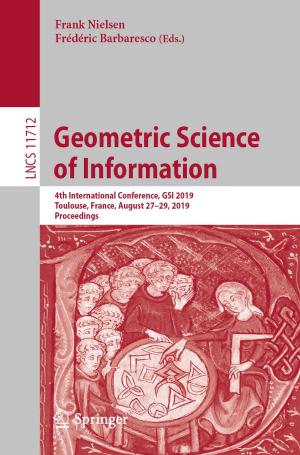Rhetoric and the Global Turn in Higher Education
Nonfiction, Reference & Language, Education & Teaching, Educational Theory, Educational Reform, Social & Cultural Studies, Political Science, Government| Author: | Christopher Minnix | ISBN: | 9783319717258 |
| Publisher: | Springer International Publishing | Publication: | March 9, 2018 |
| Imprint: | Palgrave Macmillan | Language: | English |
| Author: | Christopher Minnix |
| ISBN: | 9783319717258 |
| Publisher: | Springer International Publishing |
| Publication: | March 9, 2018 |
| Imprint: | Palgrave Macmillan |
| Language: | English |
This book studies the role of rhetoric in the expansive movement for global higher education in U.S. colleges and universities. Drawing on an analysis of how discourses of security, economy, and ethics shape the rhetoric of global higher education, as well as that of its populist and nationalist critics, the author argues for an understanding of global higher education as a site of rhetorical conflict over visions of students as citizens. In doing so, the work advances the project of transnational rhetorical education, a theoretical and pedagogical project that can foster forms of rhetorical inquiry, performance, and ethics that equip students to pursue transnational forms of civic engagement, belonging, and resistance. This book will be of interest to scholars and students in the fields of rhetoric and composition studies, communication, and education, as well as to faculty and administrators working in global higher education or internationalization programs.
This book studies the role of rhetoric in the expansive movement for global higher education in U.S. colleges and universities. Drawing on an analysis of how discourses of security, economy, and ethics shape the rhetoric of global higher education, as well as that of its populist and nationalist critics, the author argues for an understanding of global higher education as a site of rhetorical conflict over visions of students as citizens. In doing so, the work advances the project of transnational rhetorical education, a theoretical and pedagogical project that can foster forms of rhetorical inquiry, performance, and ethics that equip students to pursue transnational forms of civic engagement, belonging, and resistance. This book will be of interest to scholars and students in the fields of rhetoric and composition studies, communication, and education, as well as to faculty and administrators working in global higher education or internationalization programs.















